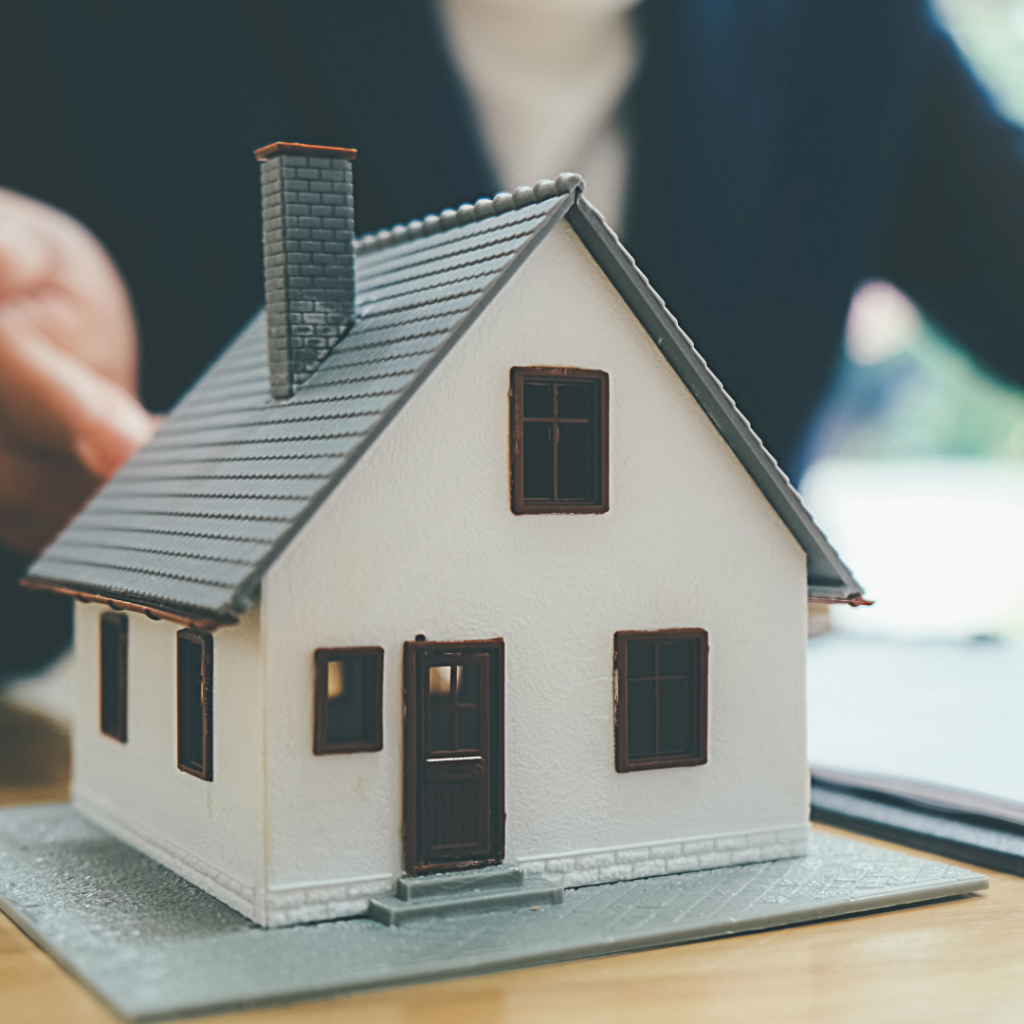
If a fire, natural disaster, or other event were to destroy your home, you could lose everything you own Few homeowners have the financial resources on hand to immediately rebuild their home or replace their belongings. With homeowners insurance, your insurance provider will cover these costs. Below, we’ll explain what could happen if you don’t have homeowners insurance in different scenarios and how to find the best homeowners policy for you.
What Is Homeowners Insurance?
Homeowners insurance coverage provides financial compensation for your home, property, and personal belongings in the event of destruction from natural disaster, criminal behavior, or other covered perils. It also protects you from having to pay for medical bills or replacement items if you injure someone or damage their property.
A homeowners insurance policy can be categorized into six types of coverage:
Dwelling: Protects the home itself and anything built into it, like the floors, walls, HVAC system, electrical, and plumbing
Other structures: Protects detached structures on your property like fences, sheds, and garages
Personal property: Covers the cost of replacement items if your personal belongings are damaged
Loss of use: Pays for living expenses, like the cost of a temporary rental or hotel room, if you have to leave your home during repairs
Liability: If you’re responsible for injuring someone or damaging their belongings, your policy will pay for any associated expenses, including legal fees if you’re sued
Medical payments to others: If a guest is injured on your property, your policy will pay for their medical bills
Is Homeowners Insurance Required?
Homeowners insurance isn’t required by law in any state. However, per the Insurance Information Institute if you take out a loan to purchase your home, your lending institution will likely require coverage for your dwelling and other structures until you pay off the loan. Usually, you’ll need to insure your home for the full cost of rebuilding it if it is destroyed. This ensures that if you stop paying your mortgage, the lender has a properly functioning home to take and resell to get their money back.
Once your mortgage is paid off, the lender can no longer require you to continue paying for homeowners insurance. However, your insurance is one expense you shouldn’t try to do without. This policy protects you from a number of different financial disasters.
5 Scenarios That Can Be Avoided With Homeowners Insurance
Whether you’re still paying your mortgage or not, homeowners insurance provides vital protection for your finances from a number of different scenarios:
- Your lender sends your loan into default
- You have trouble selling your home
- An event destroys your home and you can’t afford to fix it
- Your home is burglarized and you can’t afford to replace your belongings
- Someone gets injured on your property and sues you
How To Find the Best Homeowners Insurance
If you’re ready to buy homeowners insurance, keep these factors in mind:
- Decide on your budget: Start the process by determining how much room you have in your budget each month for homeowners insurance. If you’re having trouble finding a company that fits within your budget, see if you qualify for discounts or choose a higher deductible to lower your premium.
- Determine how much coverage you need: Your dwelling, other structures, personal property, and loss of use coverage will be calculated using the rebuilding cost of your home. You can determine your coverage needs by talking to an appraiser, purchasing $100 to $155 of protection per square foot, or using the estimate provided by your insurance company. For liability coverage, you’ll want to purchase enough protection to cover the value of all of your assets.
- Talk to your auto insurance provider: If you’re happy with your car insurance company, we recommend getting a home insurance quote from them. This will give you coverage from a company you trust, often at a reduced price because of a bundling discount.
- Compare at least three quotes: Different insurance companies offer a variety of coverage options at different prices. The only way to know what policy will work best for you and your home is to get quotes from several companies and compare them.
Our Conclusion
A homeowners insurance policy is a vital part of your budget. While it may not be required by law, it could be the only thing that stands between you and financial ruin should your home and property be destroyed. Even on a paid-off home insurance is well worth the cost for the financial peace of mind.
To read the full article, click here.